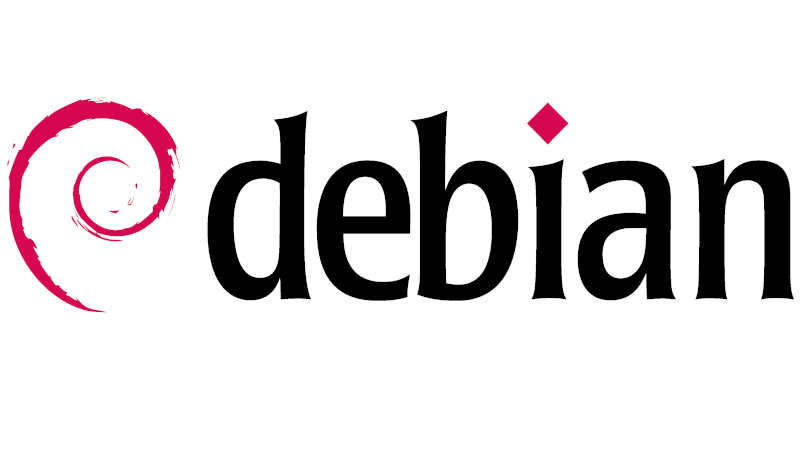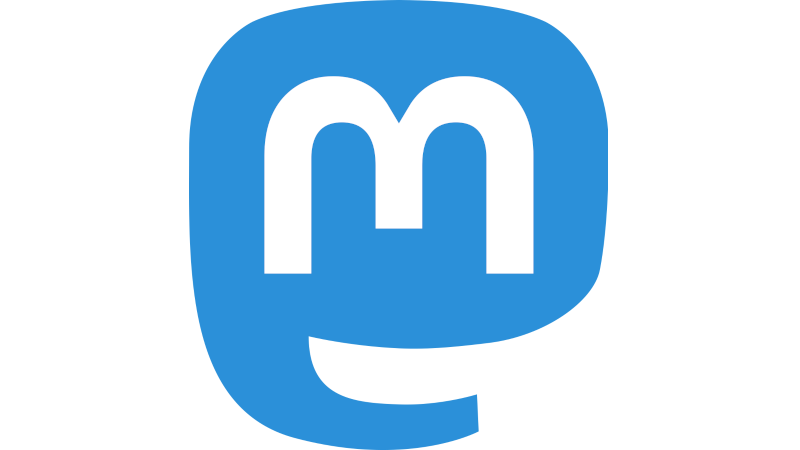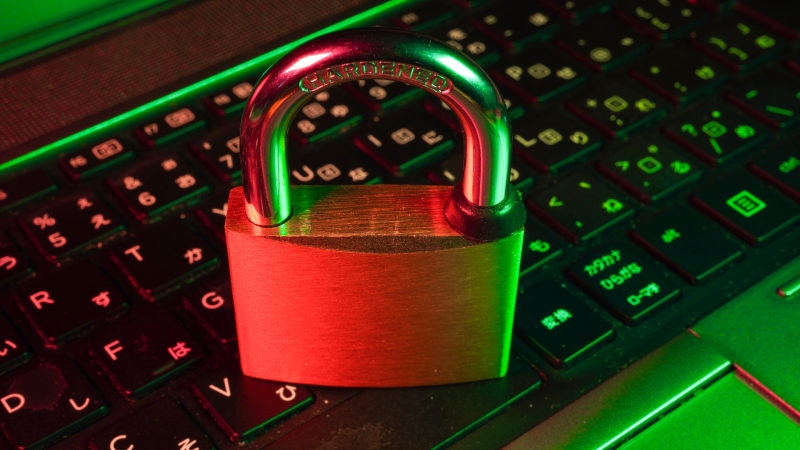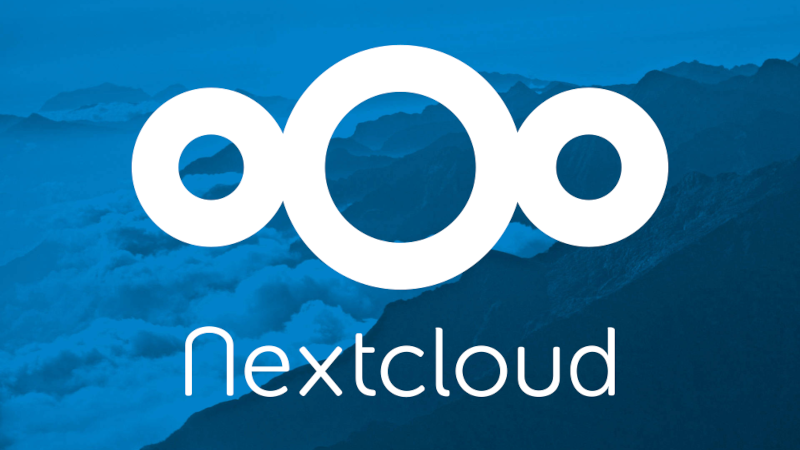
Today, August 16th, is Debian Day. On August 16th, 1993, the Debian Project was founded by Ian Murdock. This means that today marks a jubilee edition: Debian is thirty years old!
The very first Linux version I used was not Debian but SUSE. That was later than 1993, I think around 1999, and I had to go to the physical bookstore to buy a package with a thick book and two 3.5-inch diskettes.
I was completely new to Linux and bought it out of interest. I spent days, maybe weeks, installing it and figuring out various things. It was quite difficult to get a graphical interface (based on XFree86 back then) working. Almost unimaginable nowadays, but in those days you had to search for drivers for your specific graphics card (or sometimes even buy a different, supported graphics card), and then you had to "probe" for the right "mode lines" yourself. By trial and error. And if you got it wrong, your monitor would often go blank, and you had to hope it would work again after unplugging and restarting the PC.
Even if you got the graphical interface working, the Linux desktop wasn't really mature at the time. There were few applications, and it just didn't work smoothly yet. So, for my regular work, I still used Windows. Until at one point, I got so frustrated with it that I literally threw the Windows 2000 CD out of my window.
By that time, I had heard of Debian, which had already gained recognition for its excellent package manager APT. And I had a CD burner and an internet connection, so I no longer needed to visit the bookstore. I downloaded Debian GNU/Linux 2.2 (AKA 'potato') and decided not to go back to Windows again.
The transition was sometimes challenging, and I had to figure out and learn many things, but I enjoyed the process, and I especially liked finally having a complete and usable system that was truly mine, instead of the closed Windows, where you're always subject to Microsoft's whims.
After a while, Ubuntu came along, making the Linux experience more user-friendly with better support for various (newer) hardware, easier installation, and simpler configuration. Since Ubuntu was based entirely on Debian, the transition was very easy. I used Ubuntu (or actually Xubuntu, with the XFCE desktop environment) for a very long time with great satisfaction.
However, Ubuntu gradually began to diverge from its mother Debian. Some applications (such as Firefox and Chromium browsers) were suddenly no longer available via the APT package system, but only through Canonical's (the parent company behind Ubuntu) developed snap system.
I'm not a big fan of snaps. Snaps take up much more space than APT's .deb packages because all libraries are bundled with a snap, leading to multiple instances of the same library on your system over time. Furthermore, snaps are sandboxed, which is not bad for security, but it has downsides. The performance is not as good (especially startup time), and some things (like certain browser plugins) don't work well anymore.
You can still find .deb versions through third party repositories, but that means extra work and extra dependencies.
When Ubuntu started advertising their own commercial services in the motd and software updater, I was pretty much done with it. Yeah, I hate ads, especially in my OS.
So, I returned to the source and installed Debian on all my machines. It felt a bit like coming home. At least no ads here.
Linux thinkpad 6.4.0-1-amd64 #1 SMP PREEMPT_DYNAMIC Debian 6.4.4-2 (2023-07-30) x86_64
The programs included with the Debian GNU/Linux system are free software;
the exact distribution terms for each program are described in the
individual files in /usr/share/doc/*/copyright.
Debian GNU/Linux comes with ABSOLUTELY NO WARRANTY, to the extent
permitted by applicable law.
The biggest criticism one could have against Debian is that new releases are not very frequent. Often, there's at least a 2-year gap between releases, and during that time, new software versions are not introduced, only bug or security fixes are applied. Debian puts more emphasis on stability than on the latest software versions. This is great for server systems that just need to keep working, but less ideal for desktop systems. Over time, the software versions in Debian can significantly lag behind those of other Linux distributions, to the point that some even refer to Debian stale instead of stable.
A few months ago, the new version 12 (aka "bookworm") was released, so currently, the software versions are still quite recent. But if that's not recent enough, you always have the option to switch to the testing version. Essentially, you're using a preview of the next release, with more updates for newer versions and the potential for things to break. However, in my experience, the testing version is also extremely stable and very rarely causes issues, if at all.
If you want even newer software, you can also switch to unstable, aka "sid", named after that nasty kid from Toy Story. But I wouldn't recommend that for your daily-use machines, as things can really break there (as I also know from experience).



